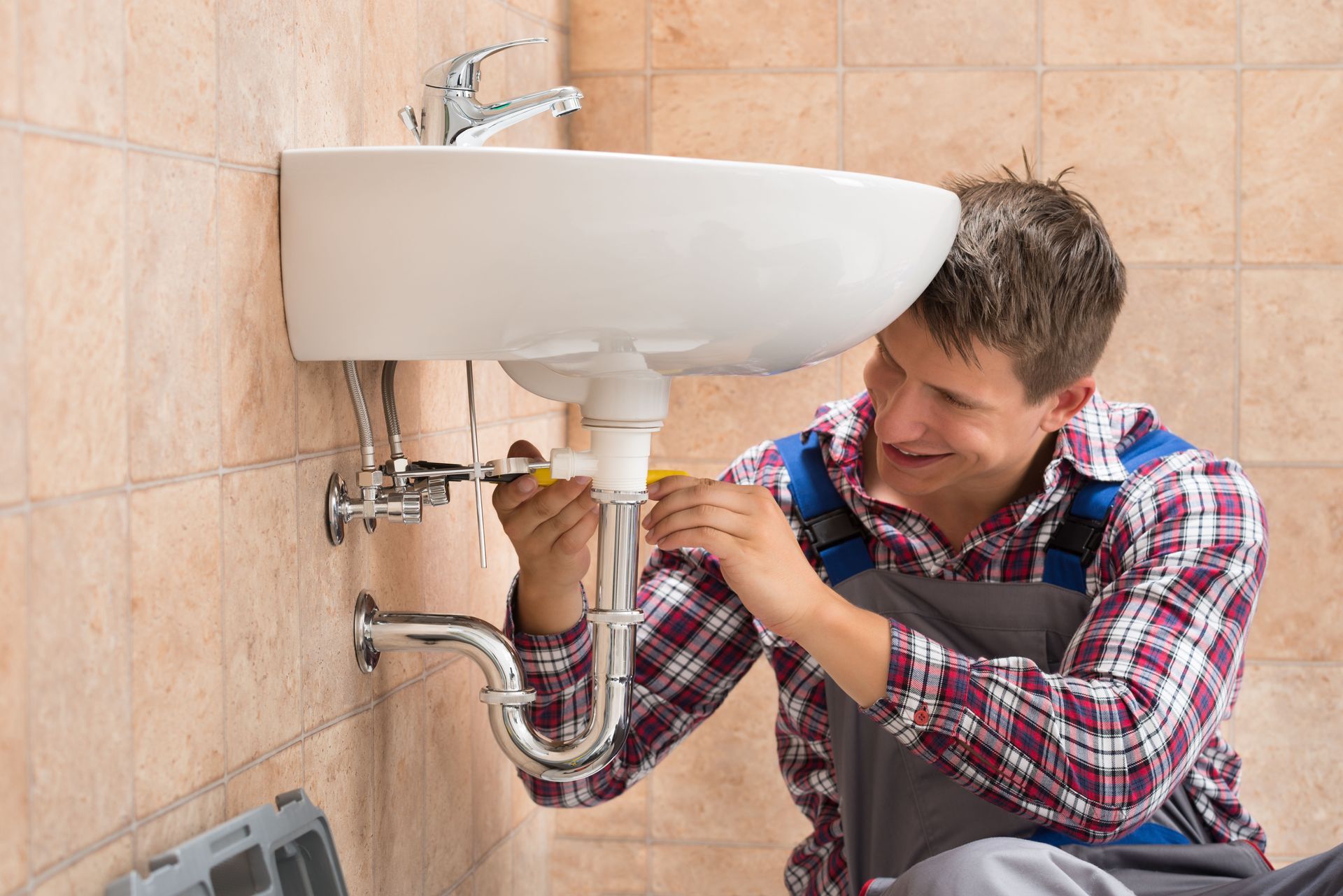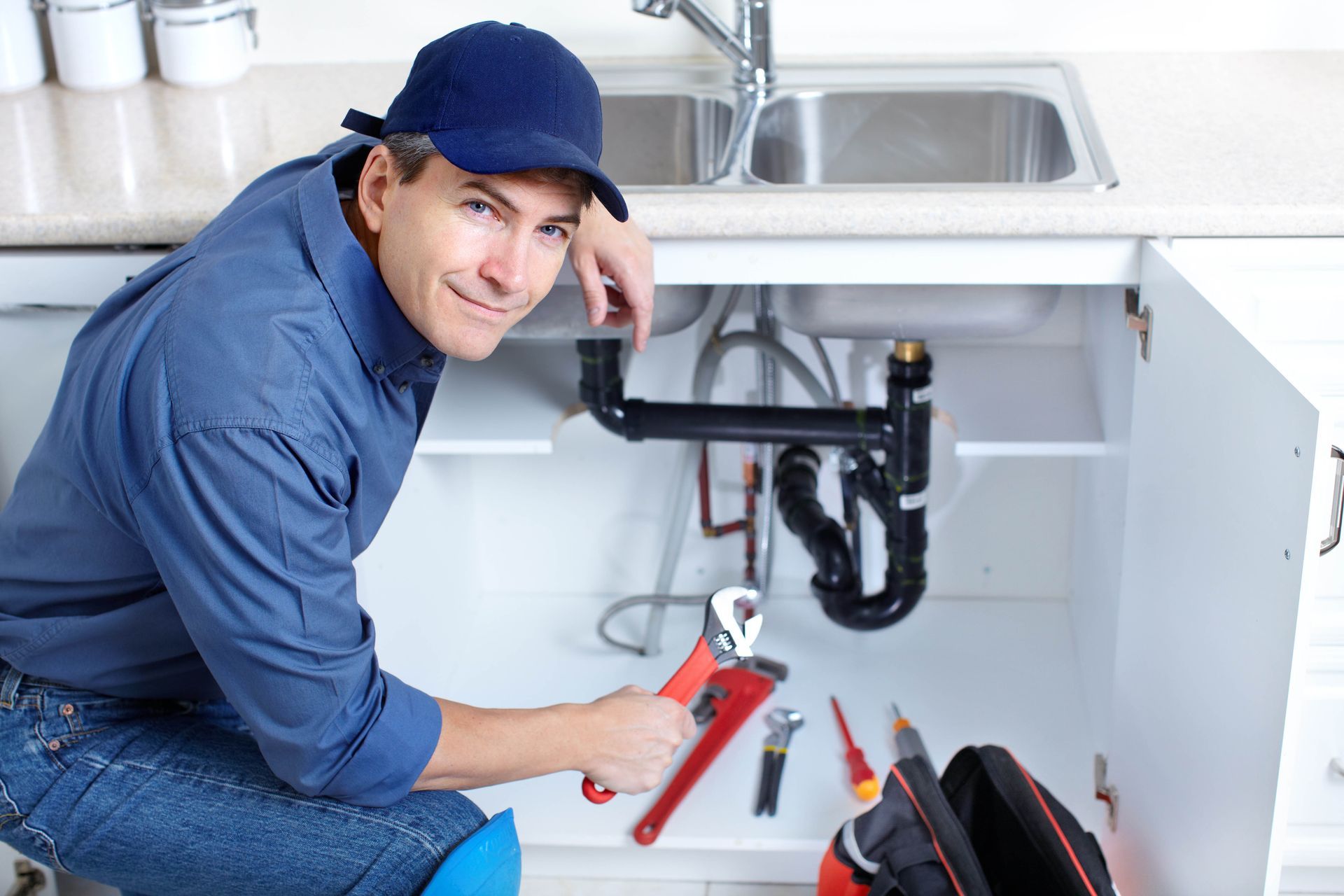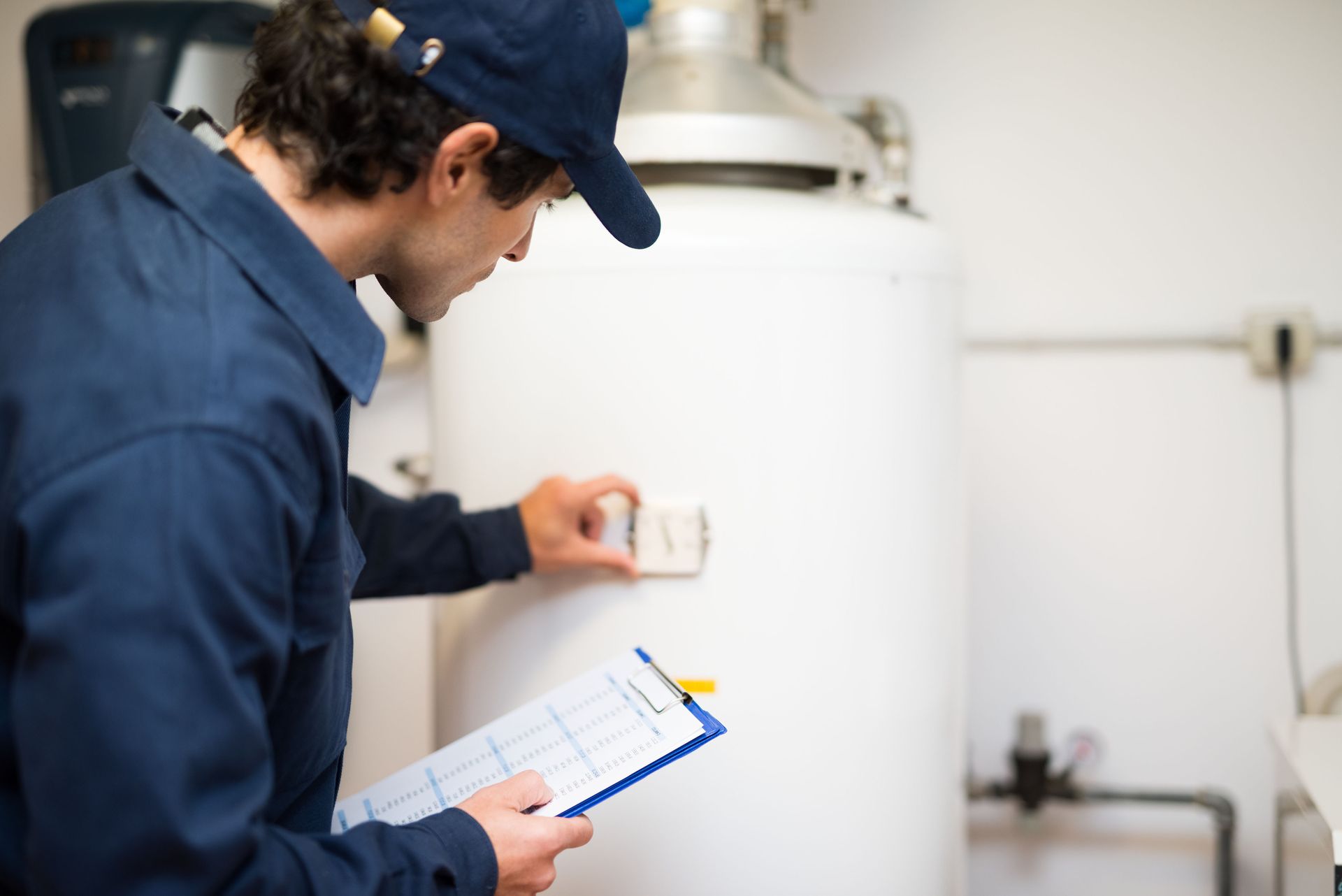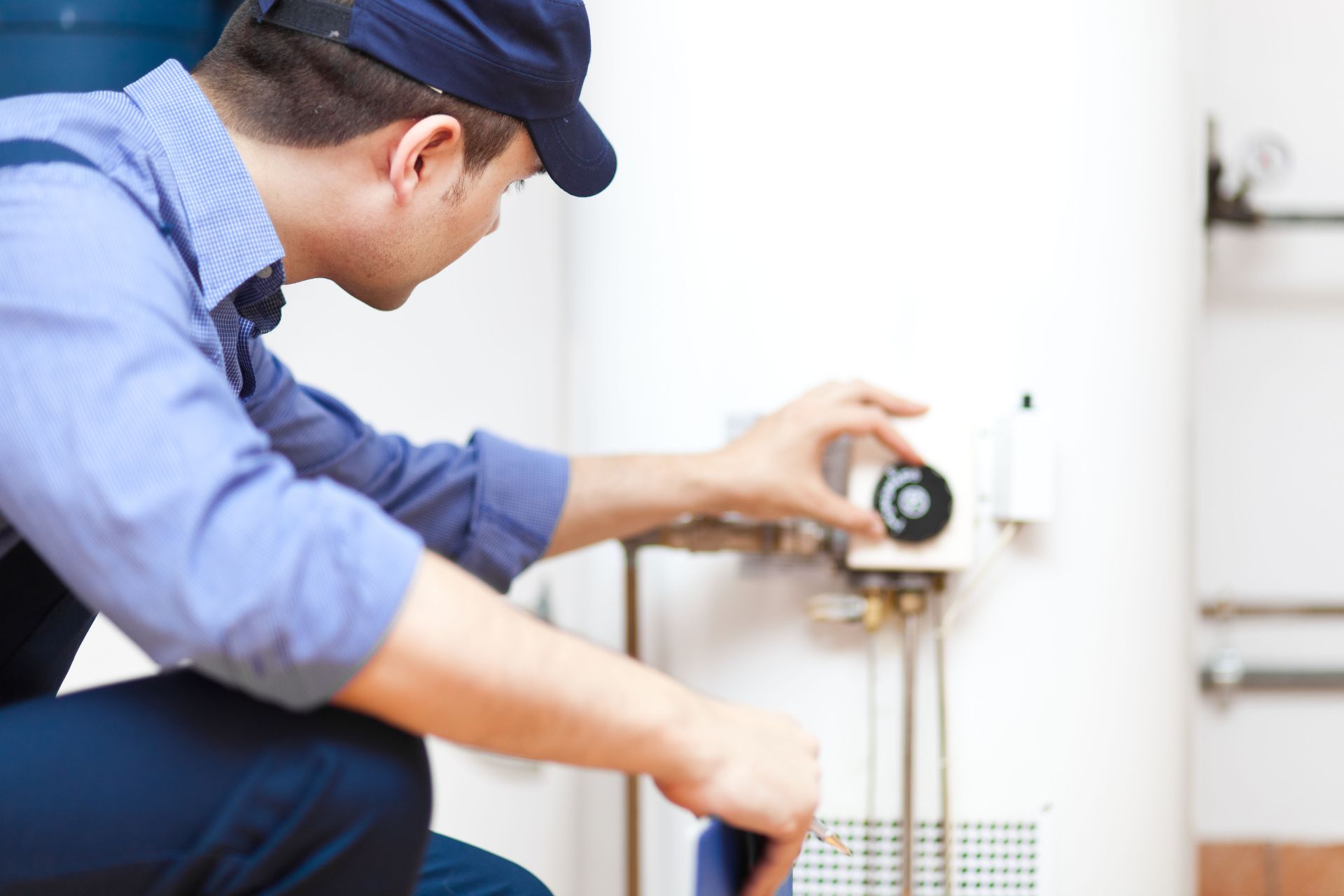November 15, 2025
As environmental concerns heighten worldwide, various industries are adapting to sustainable practices, and the plumbing sector is no exception. Plumbing services play a crucial role in water conservation, energy efficiency, and reducing harmful waste. This article explores how hiring professional plumbing services can contribute positively to the environment, offering a comprehensive look at both challenges and solutions.
Advancements in technology and methodology have made it possible to significantly lower the environmental impact of plumbing systems. From water conservation techniques to waste disposal methods, professional plumbers are adopting greener strategies. This article offers an in-depth analysis of these practices.
Plumbing inefficiencies can lead to a substantial environmental footprint, including water waste and increased energy consumption. By understanding the core environmental impacts of outdated plumbing systems and exploring modern solutions, consumers can make informed decisions that benefit both their homes and the planet. Let's delve into these issues and the role of professional plumbing services in environmental conservation.
Understanding the Environmental Impact of Plumbing Issues
Water waste is a critical issue resulting from plumbing leaks. According to the EPA, plumbing leaks in an average home lead to almost 10,000 gallons of wasted water annually. This considerable waste not only increases utility bills but also strains local water resources, underscoring the importance of early leak detection and repair.
In addition to residential settings, commercial buildings can suffer from even more significant water loss. Addressing leaks promptly through professional plumbing services can drastically reduce water waste. By employing modern detection technologies such as acoustic sensors and infrared imaging, expert plumbers mitigate waste, highlighting the need for regular maintenance and proactive inspections.
Engaging a professional plumber ensures that leaks are efficiently detected and repaired. Moreover, employing high-quality materials and advanced plumbing techniques can prevent future issues. Homeowners and businesses can both benefit economically and environmentally by minimizing water waste through professional intervention. Over time, these small changes accumulate, creating measurable improvements in community water conservation efforts.
Energy Intensive Systems
Older plumbing systems often operate inefficiently, consuming more energy than necessary. Inefficiencies can arise from outdated water heaters, non-insulated pipes, and poor system design, increasing a household's carbon footprint. By contrast, modern systems incorporate energy-saving technologies and emphasize conservation at every level of operation.
Hiring professional plumbers allows for the identification and updating of energy-draining systems. New technologies, such as tankless water heaters and recirculating pumps, can reduce energy use by providing on-demand hot water and eliminating the need for constant heating. These advancements reflect the growing trend toward eco-friendly plumbing solutions, which prioritize efficiency and sustainability.
Energy-intensive systems not only affect the environment but also lead to higher utility costs for consumers. By investing in professional plumbing services, homeowners can transition to more efficient systems that use less water and energy. This investment has a dual benefit: reducing environmental impact and saving money over time. Many green plumbing upgrades also qualify for rebates or tax incentives, making sustainable choices financially appealing as well as environmentally responsible.
Chemical Contaminants
Improper disposal of plumbing waste is another significant environmental concern. Old plumbing systems may not sufficiently manage hazardous materials, leading to contamination of water sources. This issue is aggravated by the use of non-biodegradable materials and chemical drain cleaners that can harm aquatic life and soil health.
Professional plumbers are trained to handle waste responsibly, ensuring that chemical contaminants are managed safely. Techniques include the proper disposal of hazardous materials, the use of biodegradable alternatives, and the integration of environmentally safe pipe-cleaning solutions. These methods are integral to reducing environmental hazards linked to plumbing systems and protecting surrounding ecosystems.
Eco-friendly plumbing services prioritize safe waste management and promote the use of sustainable materials such as lead-free pipes and low-VOC sealants. Implementing these practices protects local ecosystems and reduces harmful impacts on wildlife. By employing professionals, consumers can ensure that plumbing waste is responsibly managed, mitigating environmental risk while maintaining the integrity of their water systems.
Resource Depletion
The over-extraction of raw materials for plumbing systems contributes to global resource depletion. Metal piping and other components require significant amounts of natural resources for production, including mining, smelting, and transportation; all processes that generate emissions and environmental damage. This extraction can lead to deforestation, habitat loss, and other ecologically harmful outcomes.
Modern plumbing services emphasize the use of sustainable materials and recycling programs. For instance, PEX piping offers a flexible, less resource-intensive alternative to traditional metal pipes. These innovations help mitigate the environmental impact associated with production and disposal, extending the lifecycle of materials and reducing demand for new resources.
Professional plumbing services also contribute to resource conservation through sustainable work practices. Many companies now recycle old fixtures, repurpose scrap metals, and opt for locally sourced materials to cut down on transportation emissions. By emphasizing resource-saving methods, plumbers reduce extraction and waste, helping build a more circular, eco-conscious industry.
Systemic Inefficiencies
Outdated plumbing systems often suffer from inefficiencies that lead to excessive resource use. These systems may include leaky fittings, inefficient fixtures, and poorly insulated pipes that waste both water and energy. Addressing these inefficiencies is vital to reducing environmental impact and improving performance across homes and commercial spaces.
Professional plumbers can perform detailed audits to identify areas needing improvement. These evaluations guide the implementation of more efficient systems, including water-saving fixtures like low-flow faucets, aerators, and dual-flush toilets. Upgrading to modern fixtures and fittings can lead to significant resource savings and contribute to a more sustainable household or business operation.
Regular maintenance and updates can prevent systemic inefficiencies from developing further. By establishing a routine inspection schedule with a trusted plumbing service, property owners can detect minor issues before they escalate into costly and wasteful problems. Investing in efficient systems supports environmental conservation, reduces homeowner costs, and extends the lifespan of plumbing infrastructure.
Promoting Sustainable Plumbing Practices
Beyond repairs and installations, plumbing professionals are now taking proactive steps to promote sustainability across their operations. Many companies have adopted eco-friendly business practices, such as paperless billing, route optimization to minimize fuel use, and partnerships with local recycling centers. These initiatives demonstrate that environmental responsibility extends beyond the job site and into every aspect of business management.
Homeowners can also participate by choosing certified green plumbers who adhere to environmental standards and best practices. These professionals not only ensure compliance with eco-friendly regulations but also provide education on how to maintain sustainable systems at home. This collaboration between professionals and clients builds long-term environmental awareness and shared responsibility for conservation.
The environmental impact of plumbing is far-reaching, influencing water quality, energy use, and natural resource depletion. Fortunately, with modern innovations and skilled professionals, these challenges can be effectively addressed. By hiring experienced plumbing services committed to sustainability, homeowners and businesses alike contribute to environmental preservation while improving system efficiency and reliability.
Sustainable plumbing practices benefit everyone, from reducing utility bills to conserving vital resources for future generations. Investing in eco-friendly plumbing isn't just a financial decision; it's a commitment to responsible living and environmental stewardship. As technology continues to evolve, the plumbing industry will play an increasingly vital role in shaping a greener, more sustainable future. By taking simple steps today, such as scheduling inspections, upgrading inefficient systems, and partnering with professional plumbers, consumers can make a lasting, positive difference for both their homes and the planet. For more information about the services that we offer, reach out to our incredible team at Top Dog Plumbing LLC today!







